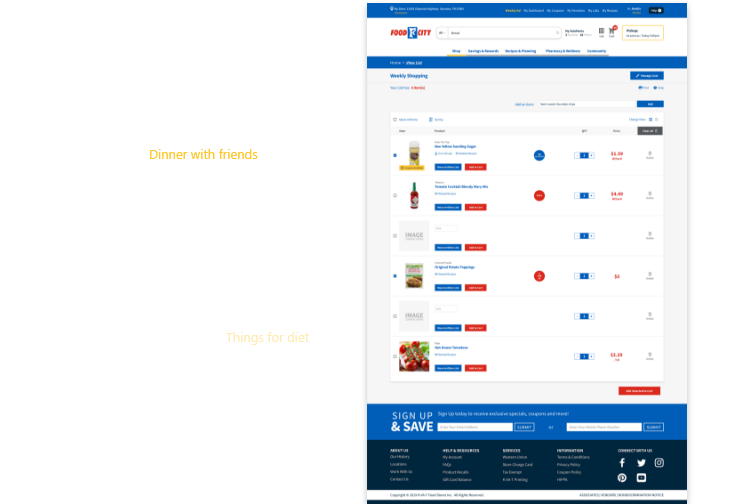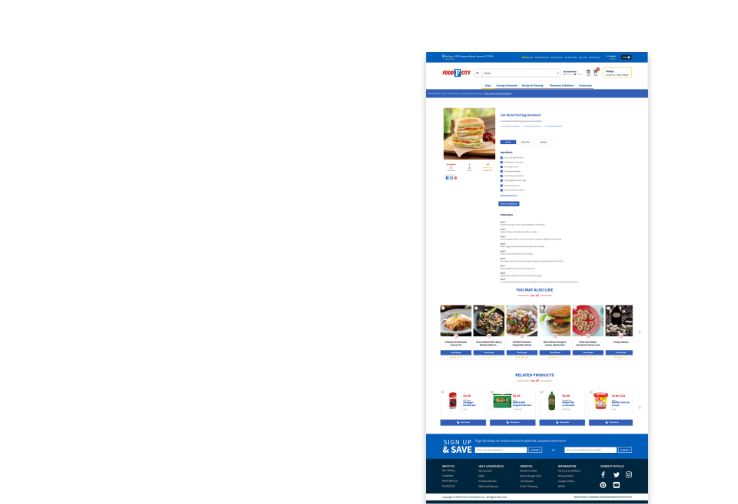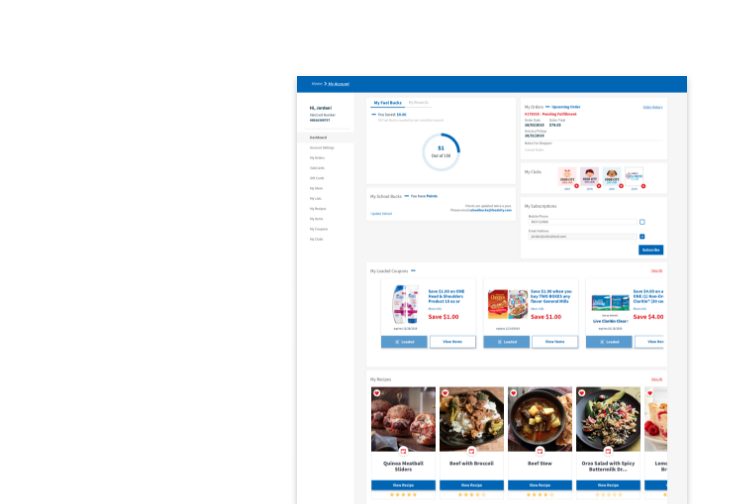
Wellness Club – Balance is Best
Abingdon, VA. -
Tuesday, Jan 1, 2019.
by Elizabeth Hall, MS, RDN, LDN, Food City Registered Dietitian
You’ve heard that healthy eating is all about balance. Let’s shed some light on each food group’s role in the body to prove that balance is best.
Carbohydrate: This food group includes whole grain breads and cereals, starchy vegetables, brown rice, and beans. Carbohydrates provide glucose or sugar which is the main energy source of the body. Your brain prefers to burn glucose for energy over all other fuel sources. Carbohydrates are often high in fiber which aids in digestion and is protective against some chronic diseases. They are also rich in B-vitamins which promote a healthy metabolism. Along with protein, carbohydrates help your body make neurotransmitters - brain chemicals that affect mood like serotonin and dopamine.
Protein: Protein is found in meat, poultry, eggs, seafood, cheese, nuts, seeds, beans, and vegetarian sources like soy and tofu. Amino acids from proteins are the building blocks for muscles, bones, blood, and skin. Animal sources of protein are also high in iron which is essential for red blood cell production. Seafood contains a beneficial fat called omega-3 fatty acids which protect against heart disease and promote brain health. It is important to pair protein with energy from carbohydrate, which helps to “spare” protein to fulfill its roles in the body.
Healthy fats: Unsaturated fats are found in oils, nuts, seeds, avocado, olives, fish, and seafood. Fat is important to help your body make hormones and cell membranes. It also aids in the absorption of fat soluble vitamins: A, D, E, and K. A little bit of fat in a meal provides satiety and can keep you fuller longer.
Fruits and vegetables: All forms of produce including raw, cooked, dried, canned, and frozen are high in many nutrients such as vitamins, minerals, and fiber. While they don’t provide a lot of energy, fruits and vegetables do provide phytochemicals and antioxidants that are protective against chronic diseases.
Dairy: Dairy sources include milk or milk alternatives, yogurt, and cheese. These foods have calcium and sometimes vitamin D which promote bone health. Some sources are also high in potassium which helps maintain a healthy blood pressure.












